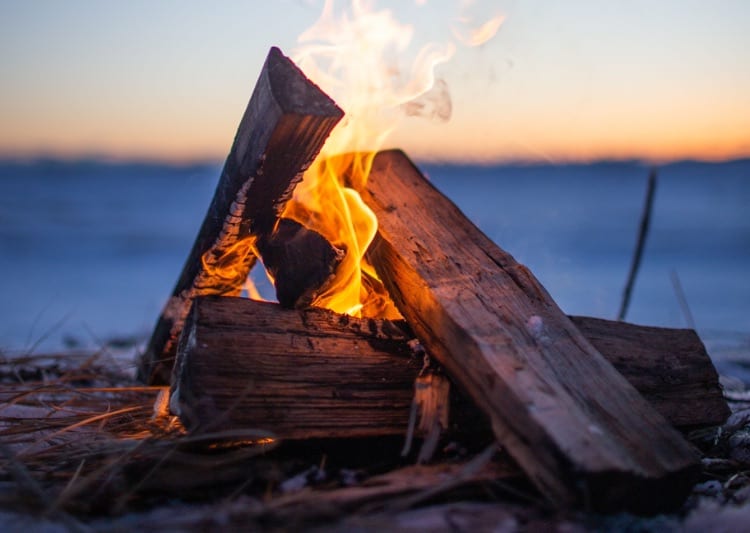There’s nothing like sitting around a campfire, roasting marshmallows, and enjoying the great outdoors. However, one problem that many campers encounter is the annoying issue of campfire smoke seemingly following them around. In this blog post, we’ll explore the science behind why campfire smoke follows you and some tips for minimizing its impact.
Contents
The Science Behind Campfire Smoke
To understand why campfire smoke follows you, it’s important to understand how smoke behaves in the air. Smoke is made up of tiny particles that are lighter than air. When it’s released from a fire, it rises upward and mixes with the surrounding air. However, as the hot air from the fire cools, the smoke particles begin to settle back down to the ground.

The reason why smoke seems to follow you is due to the way air currents work. As you move through the air, you create a disturbance in the surrounding air molecules. This causes the air to circulate around you, which in turn, pulls the smoke particles along with it. This is why you may notice that smoke tends to follow the direction of the wind or the movement of people.
Minimizing the Impact of Campfire Smoke
While it may be impossible to completely avoid campfire smoke, there are some steps you can take to minimize its impact on your camping experience.
- Choose the Right Location
When setting up your campfire, choose a location that’s upwind from where you plan to sit. This will help to prevent the smoke from blowing directly at you.
- Use the Right Fuel
Different types of fuel can produce different amounts of smoke. Hardwoods such as oak, hickory, and maple produce less smoke than softwoods like pine or spruce. Using dry wood can also help to reduce smoke output.
- Build a Proper Fire
Building a proper fire can also help to minimize smoke. Make sure to use small sticks and kindling to start the fire, and gradually add larger logs as the fire grows. This will help to ensure that the fire burns evenly and produces less smoke.
- Sit Upwind
If you’re still experiencing smoke, try sitting upwind from the fire. This will help to prevent the smoke from blowing directly in your face.
- Use a Chimney
Using a chimney or other type of ventilation system can also help to reduce smoke. These devices help to draw smoke up and away from the fire, preventing it from settling on you or your clothing.
Conclusion
While campfire smoke can be an annoying part of camping, understanding why it behaves the way it does can help you to minimize its impact. By following these tips, you can enjoy the warmth and comfort of a campfire without having to deal with excessive smoke.
